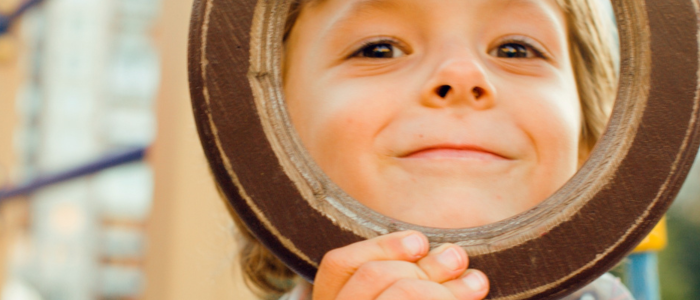CHILD
CHILD conducts research in the service of children and carries out nationally leading and internationally recognized research on children in need of special support. It is an interdisciplinary environment that explores children's needs, development, and future.







